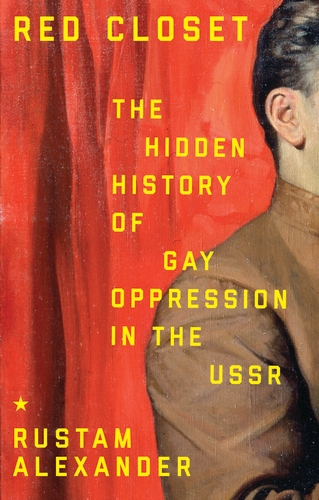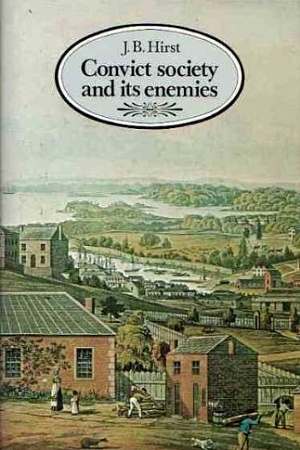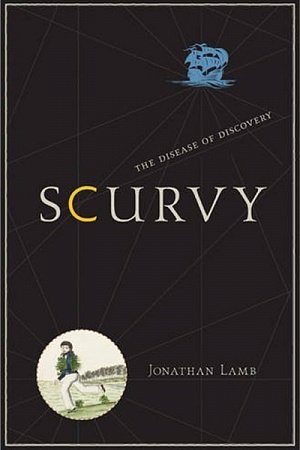Red Closet: The hidden history of gay oppression in the USSR
Manchester University Press, £17.99 hb, 273 pp
Sex and punishment
In July 1986, at the onset of the Glasnost era, a program featuring a discussion between American and Soviet women on a range of contemporary issues was broadcast on Soviet television. Reflecting on the prevalence of sex in US popular culture, an American participant asked her Soviet collocutors whether this was also the case in their country. The response was curt: ‘There is no sex in the USSR.’
Although the full exchange was somewhat more nuanced, this phrase would be inscribed into the Soviet collective memory, as it perfectly captured the Soviet attitude towards sex as an awkward and taboo subject. The sex lives of heterosexual Soviet men and women were indeed confined to the outer margins of public, political, and academic discourse throughout the Soviet era. Homosexuality was an even greater anathema. Yet behind this façade of abstinence, there was sex in the Soviet Union – including gay sex, which is the focus of Rustam Alexander’s insightful volume Red Closet: The hidden history of gay oppression in the USSR.
Alexander’s examination of homosexuality in the Soviet Union represents a feat of historical enquiry on two counts. First, locating and accessing sources on the subject is a difficult (and risky) undertaking in contemporary Russia, where relevant archival collections remain classified, potential witnesses are prone to self-censorship, and where gender and LGBTQ research is often met with intense hostility. Second, Red Closet originates from Alexander’s academic monograph, Regulating Homosexuality in Soviet Russia, 1956–91: A different history (2021), and has been substantially reworked for a non-specialist audience. Research translation of this nature often presents a significant intellectual challenge, particularly as complex historical phenomena can become flattened in the process. Although not immune to this risk, Red Closet ultimately delivers an account of homosexual experience in the Soviet Union that is at once accessible, informative, and brave.
Continue reading for only $10 per month. Subscribe and gain full access to Australian Book Review. Already a subscriber? Sign in. If you need assistance, feel free to contact us.















Comment (1)
Leave a comment
If you are an ABR subscriber, you will need to sign in to post a comment.
If you have forgotten your sign in details, or if you receive an error message when trying to submit your comment, please email your comment (and the name of the article to which it relates) to ABR Comments. We will review your comment and, subject to approval, we will post it under your name.
Please note that all comments must be approved by ABR and comply with our Terms & Conditions.